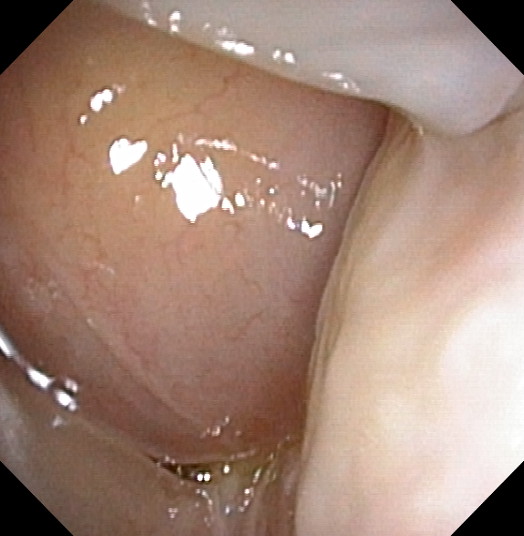Losing My Sense Of Smell: When Should I Worry?

Have you lost your sense of smell? Anosmia is the loss of sense of smell and it may happen because of many reasons, ranging from the common cold or flu, to sinus infections and nasal tumours. At our ENT specialist clinics in Singapore, we see many patients who have lost their sense of smell because of nasal allergy issues, nasal polyps and sinus infections. Up to 80% of your sense of taste actually depends on how good your sense of smell is. So anosmia can be devastating as it could mean the loss of someone’s job in the F&B industry in Singapore, which depends on a good sense of smell e.g. chefs, sommeliers and those working in the food import business. People who work daily with gas and other toxic substances also depend on their sense of smell to stay safe. Can you imagine if you suddenly couldn’t smell anything toxic in a factory or a laboratory? Your life would be at risk!
In about 40% of anosmia cases in Singapore, the loss of your sense of smell is caused by a viral infection such as the common cold or the flu. Viral infections lead to swelling and inflammation of the olfactory nerve which controls sense of smell, while also resulting in a lot of soft tissue swelling inside the nose with increased mucus production. All this excess tissue swelling and mucus block off the passage of the odour molecules to the top of the nose, where the olfactory/smell nerve endings are located. Fortunately, in most cases like this, your sense of smell usually returns once your viral infection is better.
Sometimes, the common cold or the flu can lead to more severe sinus infections, leading to thick yellow purulent nasal discharge, facial pain and headaches with fever. You will commonly also suffer from a blocked nose during a sinus infection and will probably need a course of strong antibiotics to treat the sinus infection. Saline rinses, nasal steroid sprays and antihistamines such as Telfast or Zyrtec, can also be helpful in treating the sinus infection to help you recover your sense of smell.
Nasal polyps are thickened growths which can form inside your nose and they look a lot like yellow or grey grapes (Fig 1 below). Nasal polyps are thought to be due to poorly-controlled nasal allergy (allergic rhinitis) and if they grow too big, it becomes very difficult to breathe through your nose and may cause recurrent sinus infections. Rarely, some nasal polyps may be pre-cancerous so you should always get your blocked nose checked out properly by an experienced ENT specialist in Singapore, who will use aspecial camera in the form of a naso-endoscope to examine your nose thoroughly.

At our top ENT specialist clinics in Singapore, nasal allergies (allergic rhinitis), sinus infections and nasal polyps are all easily treatable causes of anosmia. We usually try a course of medications first but some patients may need surgery if medications fail to help. CT scan of your sinuses and sometimes, MRI scan of the brain, may be required to investigate why you might have lost your sense of smell and to help plan for surgery.
Finally, we should bear in mind that Covid-19 infection may present with anosmia as the earliest and only warning sign. So this means Covid-19 can make you lose your sense of smell, even without any blocked nose or nasal congestion present! Be ready to test yourself with a Covid Rapid Antigen Test (ART) kit if you notice that you have lost your sense of smell….Breathe well, live well!
Share this blog via:


